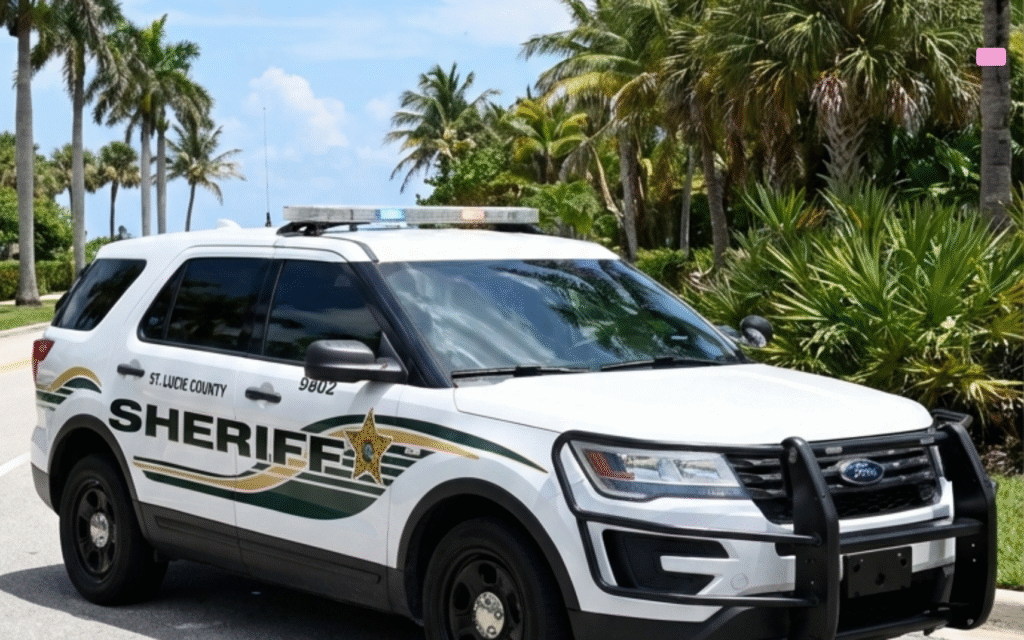Florida announced plans to end all vaccine mandates, including those required for school attendance, making Florida the first state to propose eliminating requirements for routine childhood immunizations. The new policy on vaccine mandates has drawn national attention and sparked debate about public health, parental choice, and the future of disease prevention in schools.
Florida Vaccine Mandates Policy Change
According to the Florida Department of Health, the state will no longer require vaccines for school entry, including immunizations against measles, mumps, and rubella. Previously, all 50 states required children to receive these vaccines before attending public or private schools.
The policy shift comes during a period of declining childhood vaccination rates. In the 2024-2025 school year, only 89% of Florida kindergarteners were vaccinated against measles, mumps, and rubella. This rate falls below the federal target of 95% set by the Centers for Disease Control and Prevention (CDC).
Public Support and Parental Opinions on Vaccine Mandates
Despite the policy change, most Florida parents continue to support vaccine mandates for school attendance. Recent survey data show that 82% of Florida parents and 81% of parents nationwide favor requiring vaccines for diseases such as measles and polio, with some allowances for exemptions.
State officials clarified that vaccines remain available and recommended, but are no longer required for school entry. The announcement led to confusion, with some people mistakenly interpreting the change as a statewide vaccine ban. According to the Florida Department of Health, vaccines are still accessible for those who choose them.
Impact of Federal Policy Changes on State Vaccine Requirements
The decision to end vaccine mandates in Florida coincides with recent changes in federal vaccine recommendations. The CDC has limited COVID-19 booster eligibility to older adults and people with underlying health conditions. Routine COVID-19 vaccination is no longer recommended for healthy children and pregnant people.
These federal shifts have influenced state-level decisions. According to state health officials, Florida’s new policy aligns with evolving federal guidance and reflects changing attitudes toward vaccine requirements.
Concerns About Public Health and Disease Outbreaks
Public health experts warn that eliminating vaccine mandates could increase the risk of outbreaks of preventable diseases. According to the CDC, high vaccination rates are necessary to maintain herd immunity and protect vulnerable populations.
Experts also caution that removing mandates may undermine decades of progress in controlling diseases like measles and polio. There are concerns that diverging state and federal vaccine policies could create confusion for parents, healthcare providers, and schools, potentially reducing overall vaccination rates.
Legal Debates and Executive Authority in Vaccine Policy
The policy change in Florida follows recent executive actions at the federal level. The Trump administration’s stance and executive orders on vaccine requirements have influenced several states to reconsider their own policies.
Legal challenges are ongoing regarding the scope of executive authority and the ability of courts to issue broad injunctions affecting public health mandates. Recent court decisions have focused on procedural issues, rather than the substance of vaccine policy itself, according to official sources.
Online Discussion and Misinformation
The announcement has sparked significant online discussion, with increased debate and misinformation about vaccine safety and public health policy. State officials have urged the public to rely on information from trusted sources such as the Florida Department of Health and the CDC.
Officials emphasize that vaccines remain a key tool for preventing disease, even as requirements change. Details about the new policy may be updated as the state finalizes implementation and as investigations into the effects of the change continue.
Frequently Asked Questions About Florida Vaccine Mandates
What is Florida’s new policy on vaccine mandates for schools?
Florida will no longer require vaccines for school attendance, including immunizations against diseases like measles, mumps, and rubella. Vaccines remain available but are not mandatory for students entering public or private schools.
How much have childhood vaccination rates changed in Florida?
According to the Florida Department of Health, 89% of kindergarteners were vaccinated against measles, mumps, and rubella in the 2024-2025 school year. This is below the federal target of 95%.
Are there still vaccine requirements in other states?
Yes, all other states currently require certain vaccines for school attendance. Florida is the first state to propose ending these requirements for routine childhood immunizations.
Can you still get vaccines for your child in Florida?
Yes, vaccines are still available for children in Florida. Parents can choose to have their children vaccinated, but it is no longer required for school entry.
Where are official updates about Florida vaccine mandates published?
Official updates and information about vaccine policies in Florida are published by the Florida Department of Health and the Centers for Disease Control and Prevention. Parents and healthcare providers are encouraged to check these sources for the latest guidance.
































